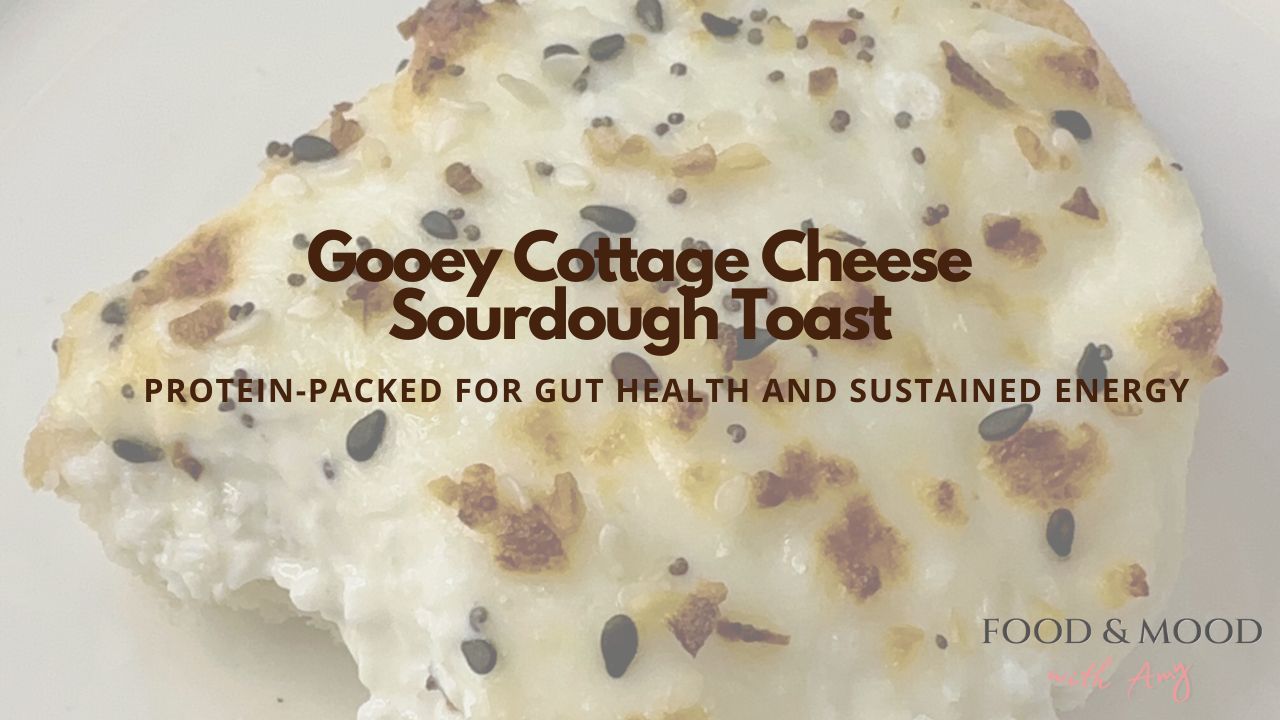Mental health is a complex topic. More and more research shows a link between what you eat and how you feel.
But, what do we know about food and mental health?
One of the first research studies released in 2017 explored diet changes as a treatment for depression. It included 67 patients all who ate a diet that included a lot of processed and sugary foods, with very little fruits, vegetables or fiber. About half the patients were given nutrition counseling for a Mediterranean-style diet, as well as sample foods, recipes and meal plans. The rest of the group met weekly to receive support, but not diet advice. At the end of the three-month study, the food group showed significantly greater improvement in depression symptoms, and a third of them had achieved full remission.
Similar effects have been seen in larger studies too. A four-year study of more than 10,000 university students in Spain found that people who closely followed a Mediterranean diet were at lower risk for depression. Still, not every study has had positive results and more research is needed.
Small changes in your diet can make a difference, so where can you start? First take inventory of your diet. Try to swap sugary drinks with healthier alternatives or swap fast food choices for whole foods.
Build a diet around SONG:
S for Seafoods (salmon)
O for healthy Oils (avocados or extra virgin olive oil)
N for Nuts (almonds and walnuts)
G for Greens (dark leafy greens like spinach and kale).










[…] go-to salmon prep is easy to put on the table in 10 min. I try to incorporate SONG-type foods as often as possible- Seafoods, Healthy oils, Nuts, and Greens. Why? These foods are not only heart […]
+9Love this info! Antianxiety/depression meds are the #1 prescribed drugs in America. The more we know about healthy ways to combat these conditions, the more we can help ourselves. “Education is the closest thing to magic!” (Rep Tim Scott, SC)
Thank you! Great quote 🙂